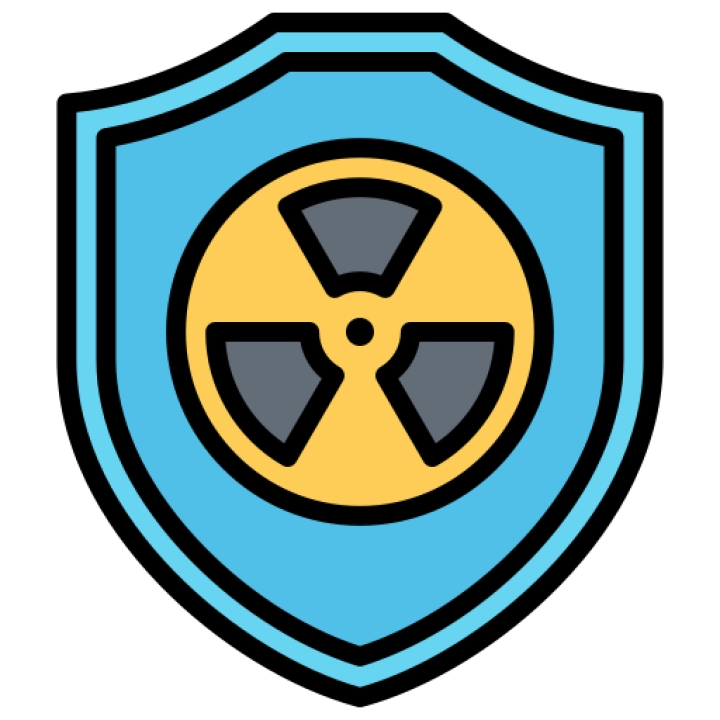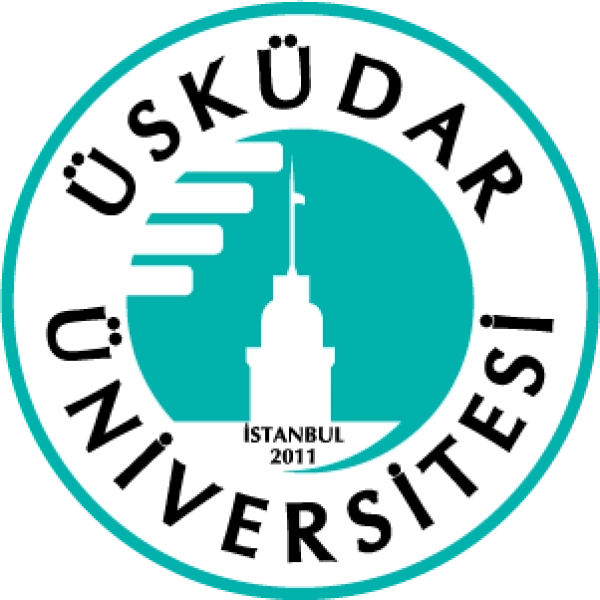Faculty: Health Sciences
This major focuses on the principles and applications of nuclear technology and critical aspects of radiation safety. Students develop practical skills and theoretical knowledge in nuclear engineering, radiation protection, and safety management. Graduates are prepared for roles in nuclear power plants, research institutions, regulatory bodies, and healthcare organizations.
Learning Objectives:
- Understand the fundamentals of nuclear technology, radiation physics, and safety principles.
- Develop skills in reactor operations, radiation detection, and safety management.
- Learn techniques for radiation protection, dosimetry, and emergency response.
- Explore principles of nuclear fuel cycles, waste management, and environmental impact.
- Analyze challenges and opportunities in nuclear technology and radiation safety.
- Develop critical thinking, problem-solving, and analytical skills for managing nuclear and radiation safety.
Main Curriculum:
- Introduction to Nuclear Technology and Radiation Safety
- Overview of key concepts and industry trends in nuclear technology and radiation safety.
- Basics of nuclear physics, radiation, and safety principles.
- Nuclear Reactor Engineering
- Principles of nuclear reactor design, operation, and safety.
- Techniques for nuclear reactor control, maintenance, and emergency procedures.
- Radiation Physics and Detection
- Basics of radiation physics, interaction with matter, and detection methods.
- Radiation measurement, dosimetry techniques, and devices.
- Radiation Protection and Safety
- Principles of radiation protection, shielding, and dosimetry.
- Techniques for implementing radiation safety programs and managing radiation exposure.
- Nuclear Fuel Cycles and Waste Management
- Fundamentals of nuclear fuel cycles, including mining, enrichment, and fuel fabrication.
- Techniques for nuclear waste management, storage, and disposal.
- Environmental Impact and Regulatory Compliance
- Principles of environmental impact assessment and regulatory compliance in nuclear technology.
- Techniques for ensuring environmental safety and meeting regulatory standards.
- Emergency Preparedness and Response
- Basics of emergency preparedness and planning for nuclear and radiation incidents.
- Techniques for developing and implementing emergency response plans.
- Practical Training in Nuclear Technology and Radiation Safety
- Hands-on experience in nuclear and radiation safety environments, including observations, internships, and practical projects in nuclear power plants, research institutions, or regulatory bodies.
- Application of acquired skills in practical nuclear and radiation safety scenarios.
- Graduation Project in Nuclear Technology and Radiation Safety
- A comprehensive project to apply skills in nuclear reactor engineering, radiation protection, or emergency response.
- Presentation of a refined project or case study in nuclear technology and radiation safety.
Assessment Methods:
Reports on nuclear reactor operations, radiation detection analyses, radiation protection plans, dosimetry studies, nuclear fuel cycle projects, environmental impact assessments, emergency response plans, practical training reports, graduation projects, group projects, and internship evaluations.
Recommended Textbooks:
- "Introduction to Nuclear Engineering" by John R. Lamarsh and Anthony J. Baratta.
- "Radiation Detection and Measurement" by Glenn F. Knoll.
- "Radiation Protection and Dosimetry" by H. Cember and T. E. Johnson.
- "The Science and Engineering of Nuclear Fuel Cycles" by Majid S. Kazimi and Sidney A. Abraham.
- "Environmental Impact Assessment for Nuclear Facilities" by various authors.
- "Emergency Planning and Response for Nuclear and Radiological Incidents" by various authors.
Prerequisites:
Basic knowledge of physics, mathematics, and engineering principles. Suitable for students interested in nuclear technology, radiation safety, and related fields.
Duration:
Typically 4 years to obtain a bachelor's degree, including coursework, projects, practical training, and internships.
Certification:
Graduates may earn a degree in nuclear technology and radiation safety and pursue professional certifications such as Certified Health Physicist (CHP) or related fields.
Target Audience:
Aspiring nuclear engineers, radiation safety officers, health physicists, and individuals seeking careers in nuclear power plants, research institutions, regulatory bodies, and healthcare organizations. This major equips students with practical, theoretical, and analytical skills needed to excel in nuclear technology and radiation safety, supporting careers in nuclear engineering, radiation protection, safety management, and related fields.

